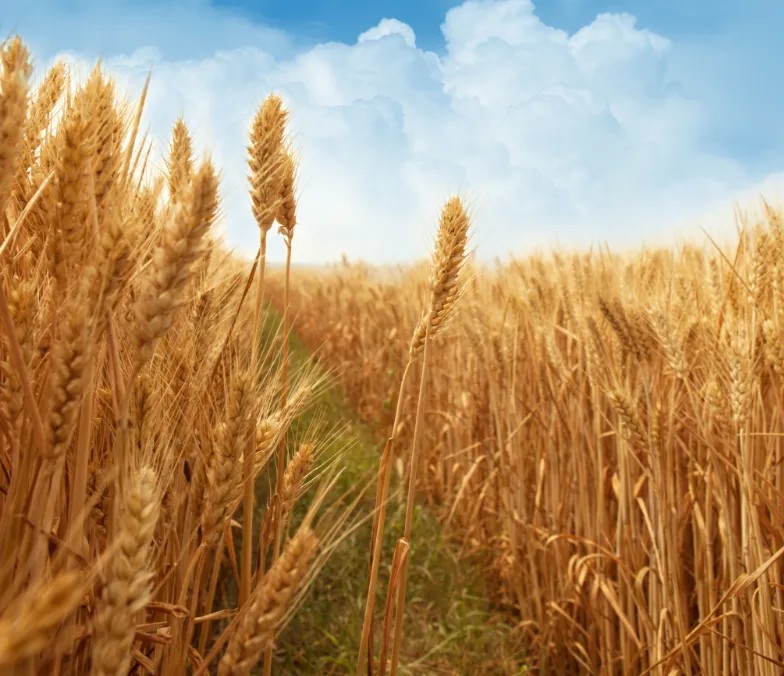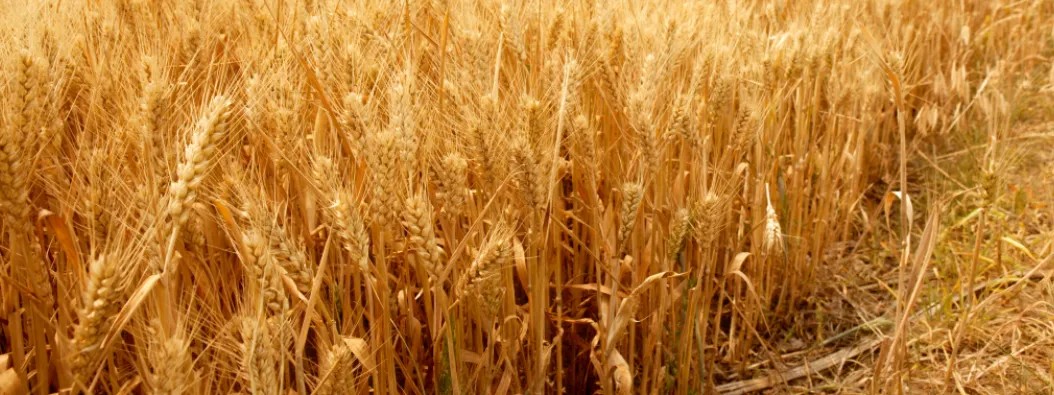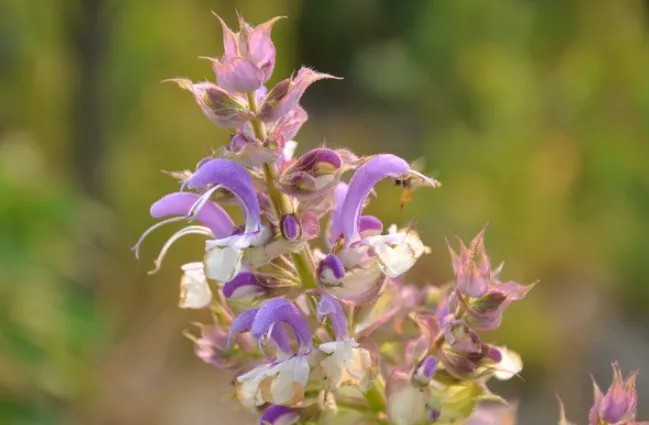The Mangzhong solar term holds significant importance in agriculture. The lunar calendar says:; Douzhi has already become Mangzhong, and at this time, you can plant in the valley with Mangzhong. Once you pass through this, it will become invalid, hence the name Mangzhong. " The meaning is that the Mangzhong solar term is suitable for planting cereal crops with awns; It is also the boundary point for the timing of planting crops, and once passed, it becomes invalid. Folk Proverbs "; If you don't plant in the wild, it's useless to plant again; That's the truth we're talking about. Mangzhong is a busy farming season, also known as "Mangzhong" in folk culture; Busy planting;. This season is the time for planting rice in the south and harvesting wheat in the north.
Mangzhong, yesthe 24 solar termsThe ninth solar term, the third solar term of summer, marks the beginning of the noon month in the Chinese lunar calendar. Douzhi C, with a solar longitude of 75 °, is celebrated annually from June 5th to 7th in the Gregorian calendar. The meaning of "Mangzhong" is "cereal crops with awns that can be planted, but once they exceed this point, they become invalid". At this season, the temperature significantly rises, rainfall is abundant, and air humidity is high, making it suitable for planting cereal crops such as late rice. The agricultural cultivation is based on the solar term 'Mangzhong', after which the survival rate of planting decreases gradually. It is ancientfarming cultureReflection on festivals.

Mangzhong ", also known as" Mangzhong "in folk culture“Busy planting”It is the season for sowing cereal crops such as late rice. For most parts of China, the arrival of Mangzhong is the busiest season of the year. The half month period from Mangzhong to summer solstice is the peak of autumn crop sowing, transplanting, and seedling management. The folk saying 'Mangzhong is busy, planting late seedlings' means that Mangzhong is the busy season for transplanting rice seedlings. During the Mangzhong season, crops such as rice grow vigorously and require a large amount of water. Moderate rainfall is very beneficial for agricultural production. In ancient China, the water replenishment of agricultural crops relied on precipitation from the sky and rivers on the ground. Agriculture was mainly concentrated in areas with abundant precipitation and developed river water networks. Until now, farmers in these areas still engage in agricultural production according to solar terms combined with temperature and precipitation. The Mangzhong solar term is the beginning of the noon month in the Chinese lunar calendar, which falls in midsummer. At this time, all things grow and their energy is at its peak. From Mangzhong to Dashu, it is the peak season for all things to grow wildly throughout the year.

Distributed in China, including Zhejiang, southern Anhui, Jiangsu, Jiangxi, Hubei, Fujian, Taiwan, Guangdong, Guangxi, etc; There is also distribution in Japan. Born on hillsides, roadsides, shaded grasslands, by water and under trees, at an altitude of 220-1100 meters. Enjoy a warm, well lit, and well ventilated environment. The suitable temperature for growth is 15 ℃ -22 ℃. Drought tolerant, but not flood tolerant. Do not choose soil, prefer soil rich in calcareous matter, and prefer neutral or slightly alkaline soil with good drainage and loose soil texture.

The use of Happy Sage essential oil
Psychiatry;
There are various forms of psychiatric treatment available; These include aromatherapy. Aromatherapy uses scents from different plants and elements to treat mental illnesses. This treatment method focuses on the relationship between the olfactory system and the brain. When a person smells a certain odor, this relationship is responsible for triggering emotions and memories. Research has shown that the essential oil of happy sage produces a relaxing feeling when inhaled by women.
Antibacterial treatment
Sage essential oil has a positive effect on various bacterial strains. This oil is applied in diluted form alone or in combination with other treatments at the site of infection. Research has shown that Happy Sage Oil can be used to treat diseases that do not respond to conventional treatments due to different bacteria. In one of the studies conducted, swabs were collected from 61 individuals with difficult to treat wounds of different types. The wound is caused by burns, diabetes and surgery. When applied, Happy Sage Oil is effective against various bacteria.
Blood sugar control;
Sage oil is a commonly used ingredient in the manufacture of blood glucose medications. This natural extract can be used to maintain blood sugar and treat type 2 diabetes. The function of this oil is similar to insulin, allowing it to regulate blood sugar levels.